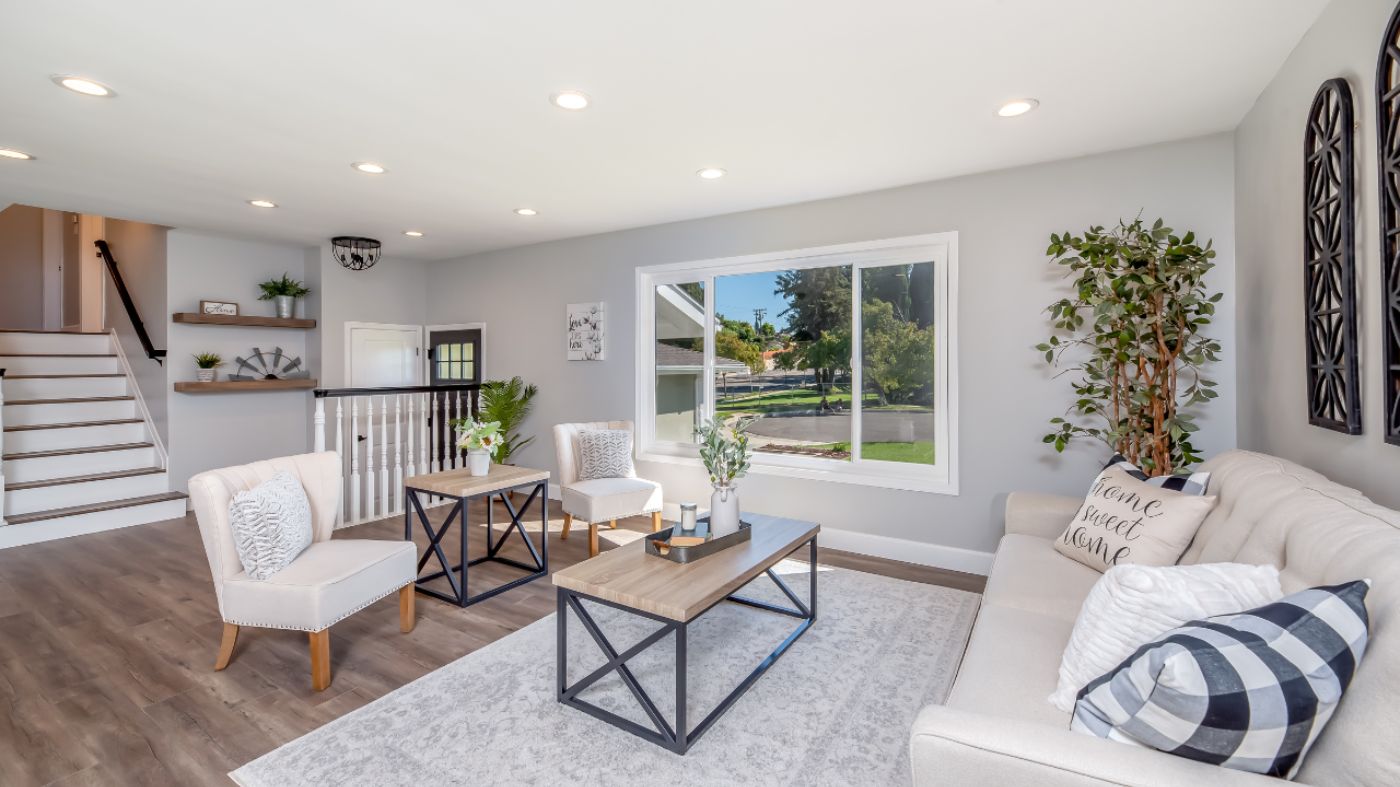
Are you looking to trade cooler climates for warmer weather? Maybe you want to move closer to your grandchildren? Or, how wonderful would it be to trade hours of strenuous yard work in favor of more time to travel or plan exciting outings with friends?
If any of the above scenarios are on your mind, you may be weighing the pros and cons of renting versus buying a house. According to the Joint Center for Housing Studies of Harvard University, close to 80% of older adults own their own home. But, that number is steadily declining as retirees discover the benefits associated with renting. Adults 55 and older contributed about two-thirds to rental housing growth from 2004 to 2019. In 2020, 30% of all renters were older adults.
When it comes to deciding whether renting or owning a home or condo is the best option for you, there are several factors to consider.
If you’re thinking about selling your longtime family home to move closer to loved ones or a more favorable climate, you’ll want to consider renting — at least initially. This gives you the opportunity to familiarize yourself with the area, spend time in different neighborhoods and find the community and resources that work best for your unique needs and desires. If you buy, it takes about five years before your equity will be more than the closing, real estate and moving fees and interest payments. This can be concerning as, over time, the circumstances of people’s lives change. From death, divorce, a disaster, disability or need to downsize, renting allows for the flexibility to address those situations sooner than later.
On the opposite end, renting also means that you could have to move suddenly if your landlord decides to sell the property or raise rent above what you can afford. Homeownership offers guaranteed stability and fixed monthly rates.
Those who own their own homes also enjoy the freedom to tailor their home to their personal style. If you want to remodel the bathroom, paint your bedroom, replace appliances in the kitchen or tend to a garden or flower beds outside, you don’t have to ask anyone for permission.
When it comes to renting, older adults boast about the ability to feel like a part of their community due to the increase in interaction with their neighbors. This improves a person’s longevity and health outcomes by keeping them integrated into society and giving them more opportunities to thrive. Not to mention, living in a multigenerational community surrounded by people of all ages helps those who are 65+ live more active and engaging lifestyles.
Renters appreciate having a landlord, who is responsible for the property’s repairs and maintenance costs. Those who own their own home should expect to pay 1% to 4% of their home’s value in annual maintenance costs. Imagine not having to spend the time or money it takes to mow the lawn, shovel the driveway, clean HVAC systems, clear rain gutters, care for a swimming pool or fix a leaky faucet or roof. Renting frees up your time and allows you to experience a more low-stress and elevated lifestyle. It also alleviates the need for those on fixed incomes to worry about the potential for costly maintenance repairs.
Landlords also take on the responsibility of paying for pest control, trash pickup, water and sewer services, flood and earthquake insurance and property taxes. So even if your mortgage payments will be cheaper than your rent, the overall monthly cost of owning a home is typically more expensive than renting.
In November, 2022, interest rates for a 30-year mortgage peaked at 7%, making it much more expensive for people to buy a home. Those rates have decreased slightly, but they’re far from the 3% rates buyers saw before the pandemic.
Still, you might be telling yourself that buying a home is an investment. But that’s not necessarily true once you factor in the costs, capital and illiquidity of the home. If the housing market is down, you may not be able to sell your house at the price you want. Even if you do, there are significant transaction costs to selling your property. So although homes can be valuable assets to own, they shouldn’t be purchased primarily for investment. For some, renting makes more financial sense and allows them to otherwise invest that money in a retirement account.Overall, the most important factor to consider when deciding whether to rent or buy a home in retirement is where the best place will be for you to age in the right place. That’s where Upside thrives by discovering the ideal environment for every older adult and creating a personalized approach to helping them live fulfilling, healthy and independent lives. Schedule an appointment to meet an Upside Manager today to find out what aging in the right place could mean for you.